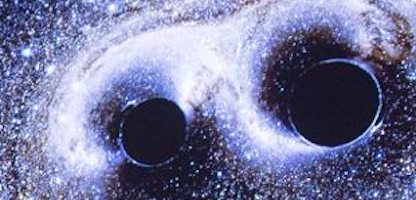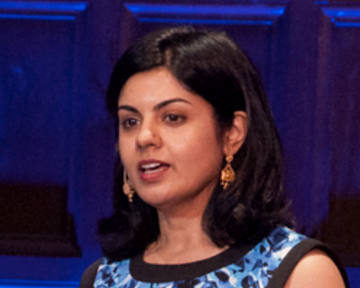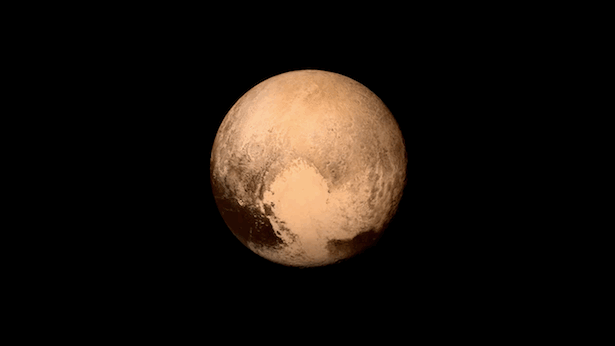
The detection of spacetime ripples produced by a cataclysmic collision of two black holes is the first major discovery of the new field of gravitational-wave astronomy.
In a groundbreaking discovery, scientists have said that they have glimpsed the first direct evidence of gravitational waves, first predicted by Albert Einstein 100 years ago in 1916.
The waves came from two black holes circling each other, closer and closer, until they finally collided. Here is what you need to know about gravitational waves:
1. Albert Einstein predicted gravitational waves in his general theory of relativity a century ago. They are ripples in space-time, the very fabric of the universe.
2. The discovery of these waves, created by violent collisions in the universe, excites astronomers because it opens the door to a new way of observing the cosmos.
3. These waves are produced by disturbances in the fabric of space and time when a massive object moves, like a black hole or a neutron star.
4. The strongest waves are caused by the most cataclysmic processes in the Universe — two black holes colliding, massive stars exploding, or the very birth of the universe some 13.8 billion years ago.
5. These waves are streaming to you all the time and if you could see them, you could see back to the first one trillionth of a second of the Big Bang: Tuck Stebbins, gravitational astrophysics Lab Chief at Nasa‘s Goddard Space Flight Center.
6. Gravitational waves do not interact with matter and travel through the universe completely unimpeded.
7. The first-ever detection of gravitational waves opens a new window on the universe and its most violent phenomena.
8. The ability to observe these gravitational waves would offer astronomer and physicists a new look at the most mysterious workings of the universe.
9. It will enable scientists to build a network of gravitational-wave observatories both on Earth and in space that can see through billions of light years of the cosmic void.
10. This detection marks also marks the birth of gravitational astronomy.





Be the first to comment